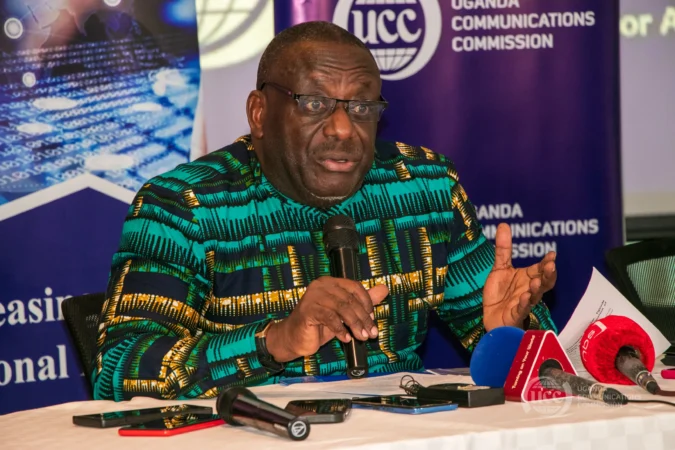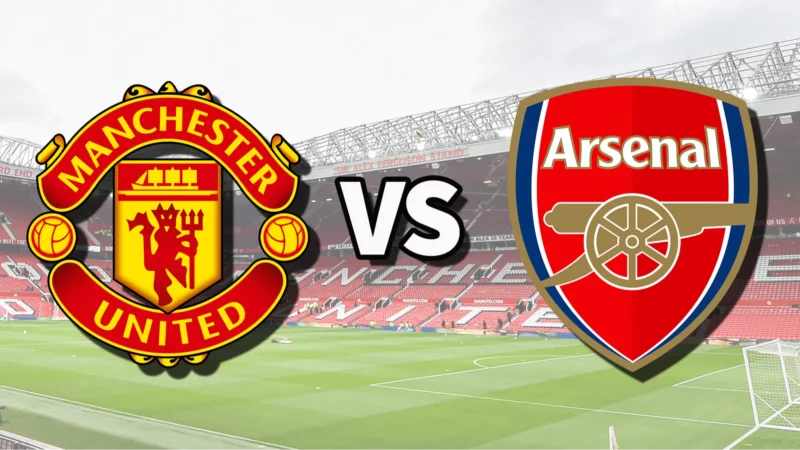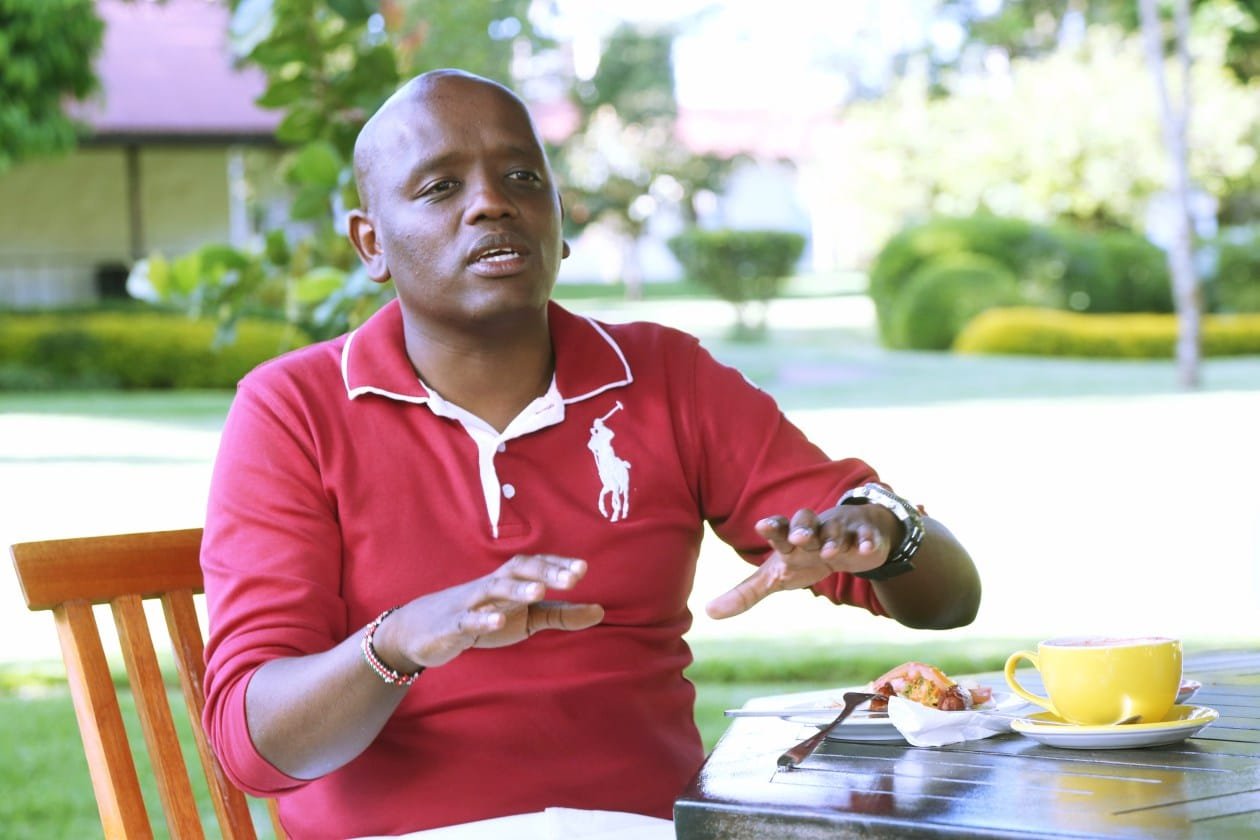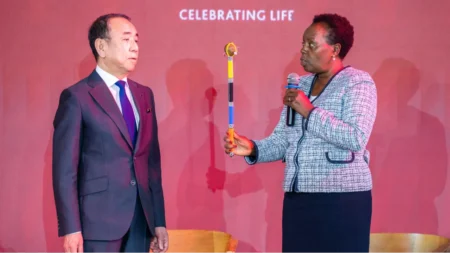NAIROBI, Kenya — Dennis Itumbi, Head of Presidential Special Projects and Creative Economy, has publicly criticized the National Authority for the Campaign Against Alcohol and Drug Abuse (NACADA) over its proposed policy to ban celebrities from advertising alcohol.
According to Itumbi, the individuals targeted by the proposed ban are not merely influencers but also entrepreneurs and employers. He further emphasized the nascent state of Kenya’s digital economy, arguing that while regulation is necessary, NACADA should prioritize engagement with young people before implementing a blanket prohibition.
Itumbi reiterated his stance, stating: “Content creators are not just influencers, they’re entrepreneurs, digital advertisers and job creators. Kenya’s digital economy is young and growing. Regulation is necessary, maybe mandatory, but NACADA must engage, not silence. We need smart, inclusive policy — not blanket bans.”
His remarks follow the recent launch of the National Policy for the Prevention, Management and Control of Alcohol, Drugs, and Substance Abuse (2025), which specifically proposes a ban on celebrity endorsements for alcoholic products.
The proposal explicitly aims to forbid the use of sports stars, musicians, actors, influencers, and media personalities in promoting alcohol.
“There shall be no use of entertainment, sports personalities, media personalities and models, social media influencers, or celebrities in endorsing, promoting and advertising alcoholic drinks, drugs and substances,” the policy states.
Furthermore, the proposed policy dictates that anyone featured in an alcohol advertisement must be over the age of 25 and cannot be depicted in a manner that promotes alcohol as part of a desirable lifestyle.
Alcohol-related competitions and promotions that encourage excessive consumption for prizes are also set to be prohibited. Free samples, discounted sales, or volume-based incentives such as “buy one get one free” will no longer be allowed.
Once effective, the policy will completely ban the advertising, promotion, and sponsorship of alcoholic products directed at individuals under 21 years of age. This includes prohibitions in schools, universities, and at youth-oriented events such as sports, music festivals, and talent competitions.
Alcohol promotions in and around learning institutions, including tertiary colleges, are also strictly forbidden.
Also Read: New Kenyan policy bans alcohol sales near schools, raises legal drinking age to 21
“There shall be no promotion of alcohol by way of providing free samples or discounted sale,” part of the regulations reads.
To further safeguard young audiences, audio-visual alcohol advertising will be restricted between 5 am and 10 pm, which are the official watershed hours, even if the broadcast originates from outside Kenya.
Online advertising and promotion of alcohol products are also banned under the new policy.
Outdoor advertising faces stringent restrictions, with alcohol-related billboards and signage no longer permitted on government property, hospitals, residential areas, or within 300 meters of any educational institution.
The use of promotional materials or branding that associates alcohol with youth culture, such as through toys, cartoons, or trendy slang, is also outlawed.







